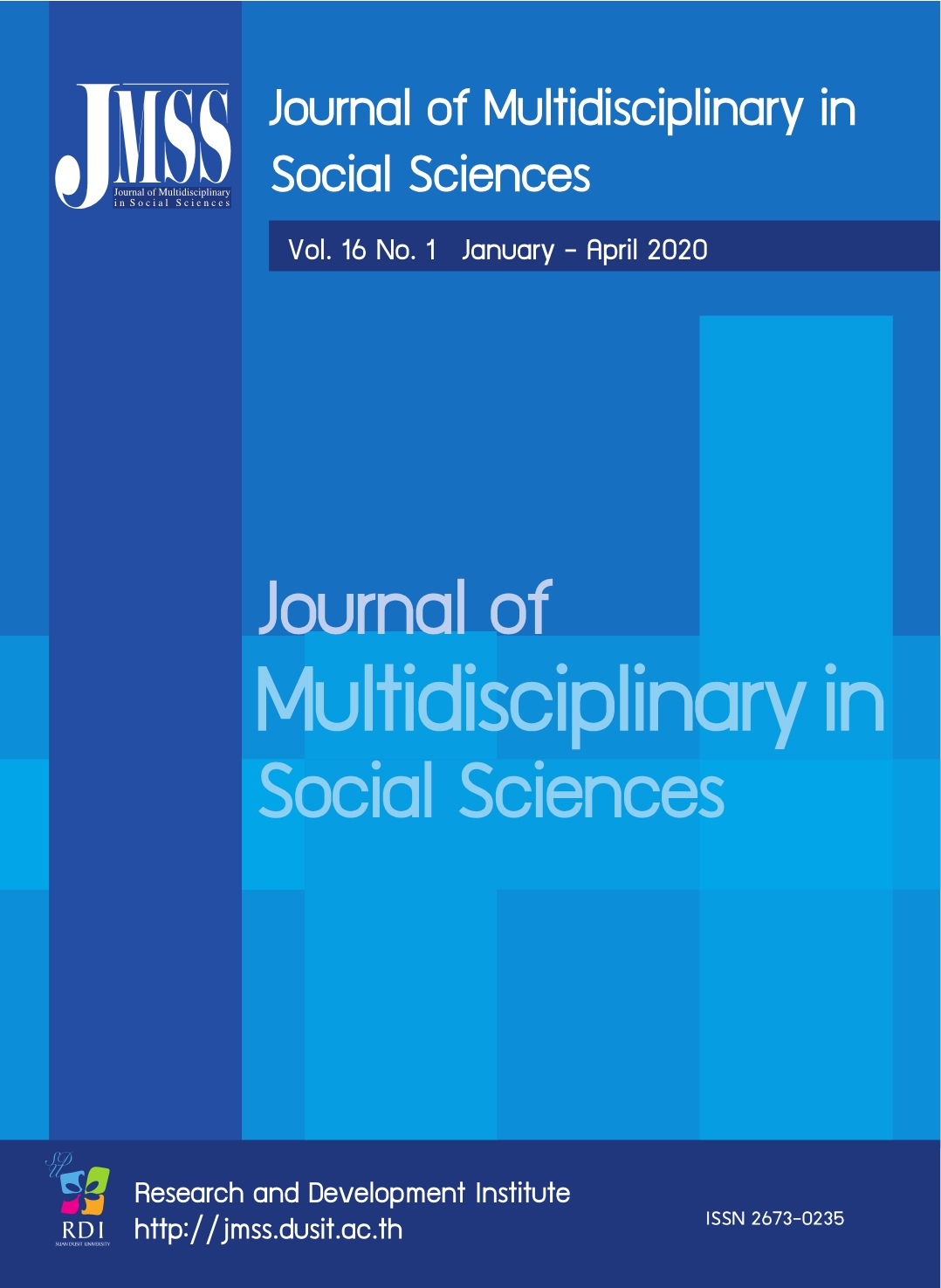Improving Food Waste Management in the School Canteen Utilizing Facility Management Principles
Keywords:
Food waste management, Facility management, School canteen, CompostingAbstract
Bang Lamung School in Thailand is a large secondary school with a total of 2,534 people that daily dine at the school’s canteen. The amount of food waste is about 180 liters per day, or 900 liters per week, which creates problems for the school in terms of unpleased scenery and smell. In addition, the school’s mission is to be a “Lab School Project or “One District, One School of Dreams.” Therefore, the school should be hygienic in terms of its waste management. This paper presents a food waste management analysis based on the concept of facility management (FM): people, place, and process. The paper has 3 objectives: (1) to study the existing problems of food waste in the school; (2) to compare the 3 methods of food waste management (composting, microorganisms, and biogas); and (3) to propose guidelines for the food waste management in the school. The methodology of the paper was interviews with related peoples—teachers, students, and the canteen’s traders. The results revealed that composting was the most appropriate way to solve the problems for Bang Lamung School because the process is basic and can generate maximum revenue. Moreover, the rear area of building number 9 is suggested for carrying out the composting process. This paper will benefit the school director in terms of managing the food waste in a proper way and increasing awareness of food waste for the students and other related people.
References
Ckaewprasert, C. (2017). “Garbage, food waste…What are we losing and being affected”. Retrieved August 15, 2018, from https://www.facebook.com/Env.Training/posts/
Department of Environmental Quality Promotion. (2015). Success lessons in school management Zero waste school. Ministry of Natural resources and Environment. 1st edition. Bangkok: Agricultural cooperative printing demonstrations of Thai co., Ltd.
Ganghair, G. (2014). “Food waste overflowing the city” Reduce and stop Dissolute eating. Retrieved August 15, 2018, from http://www.thaihealth.or.th/partnership/Content/26546-.html
Greenpeace. (April 4, 2017). “Various organic fertilizer methods”. Retrieved August 15, 2018, from http://www.greenpeace.org/seasia/th/campaigns/eco-farming-forour-food/eco-fertilizer/
Sikhao, M. (2018). Horizontal Facility Management Concepts. Paper presented at the 6th National Conference on Chulabhorn Research Rajabhat University. Chom Bueng Rajabhat University “Agricultural Advances Thai Society for Sustainable Development” March 1, 2018. (1636-1644). Chulabhorn Research Rajabhat University.
Srijuntrapun, P. (2016). “Integrated Food Waste Reduction in Households.”. Silpakorn University Journal Thai language magazine, 36(3), 19-36.
Sucharitthanon, S. (1991). Waste. Thai Encyclopedia for Youth, His Majesty's wishes. 2018. Bangkok: Darnsutha Press.
Downloads
Published
How to Cite
Issue
Section
License

This work is licensed under a Creative Commons Attribution-NonCommercial-NoDerivatives 4.0 International License.








